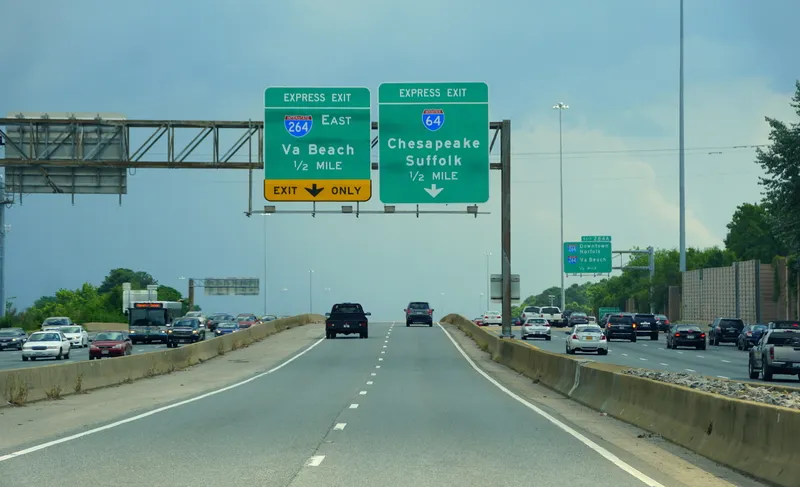
Conduent Transportation has implemented an express lanes tolling system for Virginia Department of Transportation (VDoT) in the US.
Conduent operates and maintains an overhead vehicle classification system, including dynamic pricing and automated licence plate recognition, on part of the I-64 Hampton Roads Express Lanes.
The route in Chesapeake and Norfolk is the first of four segments that will be implemented with the new system: these sections will ultimately become a part of a continuous 45-mile network on the corridor.
VDoT can implement a vehicle occupancy detection system in the future, which would use camera systems and video analytics to identify the number of occupants in a vehicle.
At present, the agency will use data analytics to determine toll rates based on traffic volume at different times, which Conduent says will help "reduce overall travel times and enhance predictability and mobility choices for motorists".
The lanes remain free for vehicles with two or more occupants using an E-ZPass Flex transponder.
Adam Appleby, president, transportation solutions at Conduent, says the firm's tolling systems “improve operational efficiency, accuracy and customer service for transportation and tolling authorities".










